Women as a whole can relate on the topic of hair, no matter the color, creed, or religious belief. We spend thousands of hours in our life time agonizing about hair; how to style, color, remedy, or to make a statement. Hair is more than just a noun, its more than fine like threads of protein growing from the skin of mammals. It has become the proclamation of ones individuality. Among Black women hair is seen as something to purchase or change rather than to accept and praise natural hair.
Is wearing a weave a platform of self-hatred, or the plain desire for diversity? On a daily basis one can sit in a Black owned salon and watch women sew straight hair in, or relax their kinky coils all in the pursuit of beauty. I’ve continuously asked women of color what are the views on YOUR natural hair and the responses are unnerving. I’ve had some say it’s a hassle, ugly, nappy, cottony and/or wished they had “good hair”.
Growing up in an urban neighborhood straight hair is heavily associated with the assimilation into White America. From the 1800s African Americans have been following the practices of hot Combing (praises to Madame CJ Walker) pin curling and using Lye as a chemical relaxer for the hair. During this period you had the Jim Crow laws, and soon after the movie Birth of a Nation was released. Since slavery we weren’t taught to love and appreciate ourselves; we were separated, turned against one another seeing only light dark, house and field nigger, “good” and “bad” hair as per the Willie Lynch Letter.
Hair has become personified and seen as one of the optimal points of beauty, especially in the African American community. When it comes to maintenance and understanding our own texture unlike all other races we fall short. The majority of what people see on television is not reality. Companies showcase women using these products with healthy vibrant hair, making the public think THAT’S how I need to look. Then the self-degradation begins. It seems that these new innovative ways of hair care have given our women an obscured sense of what true beauty is. It comes to this question, are you really yourself when you’re wearing someone else’s hair or texture?
Looking at hair today you’re wondering are we stuck in a carnival funhouse? When walking down the street seeing different colored weaves (Indian straight hair aka “Yaki” or the infamous Remy), an array of ostentatious styles and of course the ensemble to suit you cannot be but amazed. You do have some celebrities’ that are “au natural” such as India Arie, Ledisi, Leela James and model YaYa DeCosta. Watching proud women consciously wearing afros twists and kinks, loving their fuller curvaceous frames, and embracing their cultures allows other to see how it should be done; how our beauty should be showcased instead of covering it up with another’s standard.
With weaves, wigs, extensions, clip ons, relaxers (creamy crack), texturizers, and heating tools how can one really know thy true self? Young girls are wearing full heads of weaves, unable to identify with themselves at a young age. They’re as early as three years old receiving relaxers in order to make their hair more manageable. Although the hair may be kink-less, it’s also breaking down the essential proteins in the hair shaft making it harder for the hair to flourish and retain moisture. These practices are null and void in the Caucasian, Latin, and Asian communities because their hair is already of a straight pattern and longer length.
It seems that more women of color are waking up and smelling the coffee by ditching the chemicals. Over the past couple of years communities geared towards natural haired women have arisen. These women have become aware of the harshness and the psychological damage that comes along with this lifestyle. When chemically treating your hair you become a “slave to the chair”. Some of these women were not aware that natural hair and lifestyle was an option. The idea was far removed and chemically treating and hair additions were a social norm.
All of the psychological damage has seemed to be imbedded so far in the psyche of women of color that when the few decide to stray from the flock of relaxers and what not they are often criticized. Take a casual stroll down the street and you see a woman with a kinky afro and onlookers may say “she needs to do something with that hair,” or “has she ever heard of a perm or a hot comb?” There is constant criticizing and worst case scenario, ostracizing from family and friends due to her natural choice because she doesn’t fit “the social norm” anymore. So many women and men have been brainwashed to think that natural hair is something that needs to be changed.
Women of color have banded together and started forums and support groups in order to educate one another on natural hair care products and regimens. Some are bolder than others and have done a big chop (myself included) or opted to slowly transition and cut off the chemically treated hair; this act of liberation poses as the rebirth of the woman. Thus releasing her from her chemical oppressors and expanding her awareness to the mental anguish and psychological damage caused by “creamy crack” or Indian Remy.
It seems that history is repeating itself in the aspect of Black awareness. During the 1970 the afro and natural beauty was extremely popular amongst black people. Also the well-known mantra was “I’m black and I’m proud” best sung by James Brown which gave Blacks and people of color a sense of self-righteousness that was lacked for centuries.
Looking forward one can only assume that Natural hair is not something that can be seen as just a hair style, but a choice of empowerment. When a person can look into a mirror and see only the attributes that they were born with a sense of clarity might envelope them as well as self-appreciation. A person cannot truly love and understand who they are if they are looking at themselves in someone else’s image of beauty. Even though the road towards hair nirvana is a daunting and the journey is one that should never be taken with any reservations. One should cultivate their own image of beauty instead of allowing society to shape their perception on how to portray you to others.
Written by Keyawnia Ross
Image by Jean Baptiste-Strong
Also Check Out:
Characteristics Of A Gentleman: Respect, Etiquette and Ambition
When Did Black Women Become Public Enemy #1???
The Take On Dreadlocks. A Blunt Expression

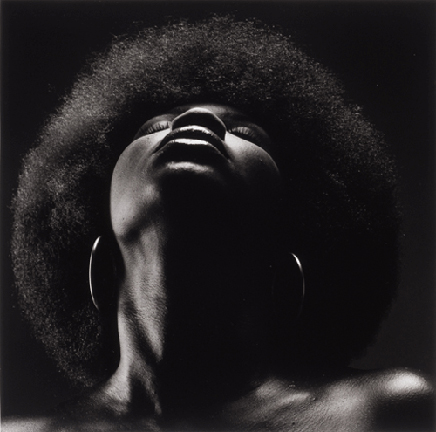
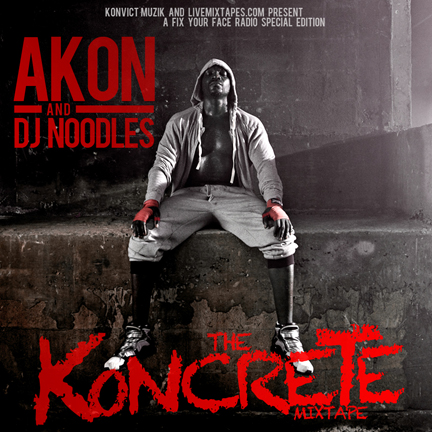

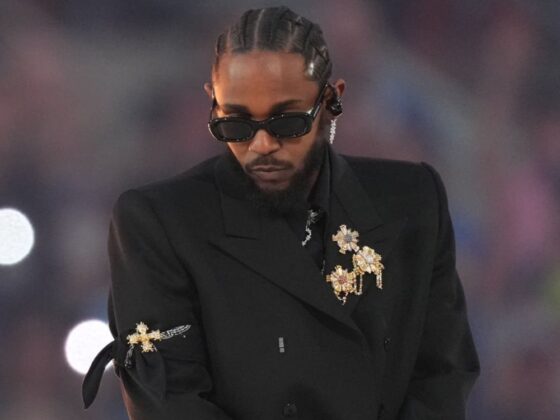
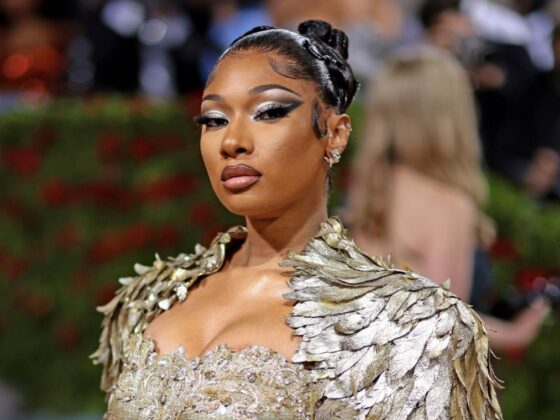
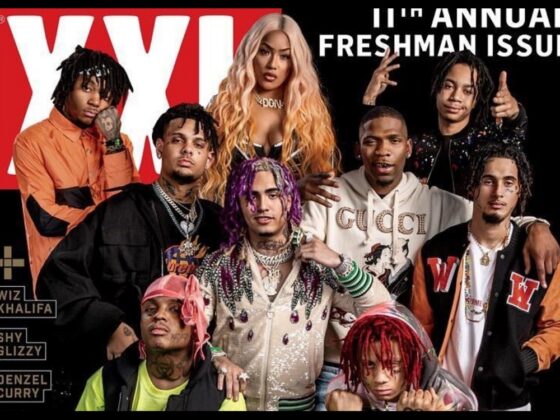
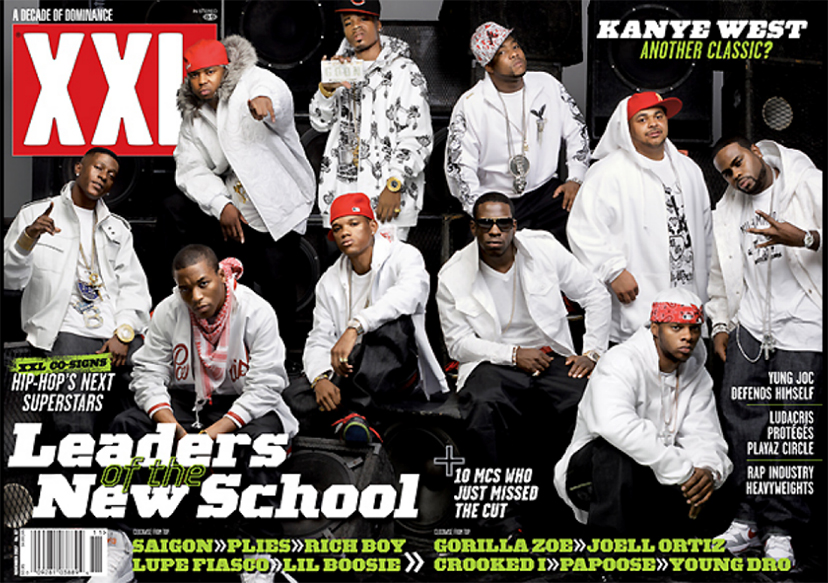
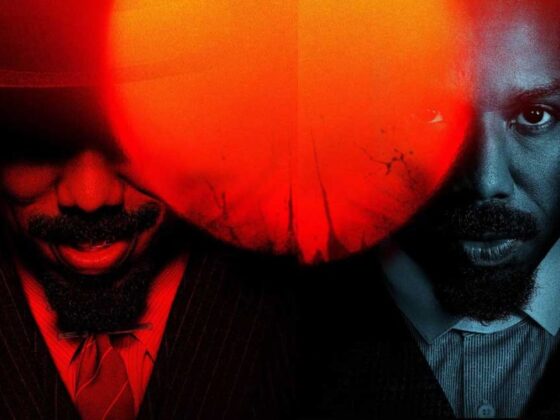
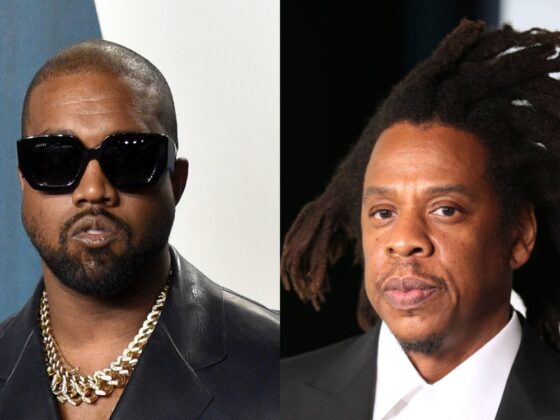
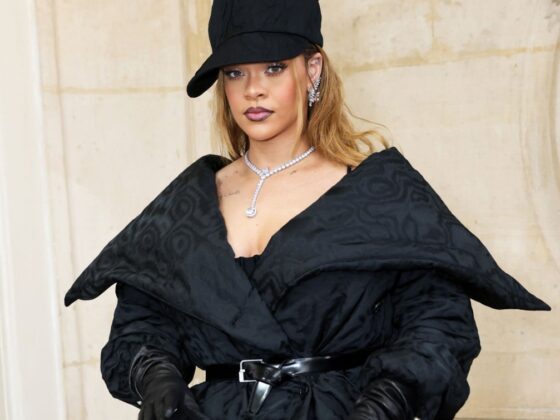
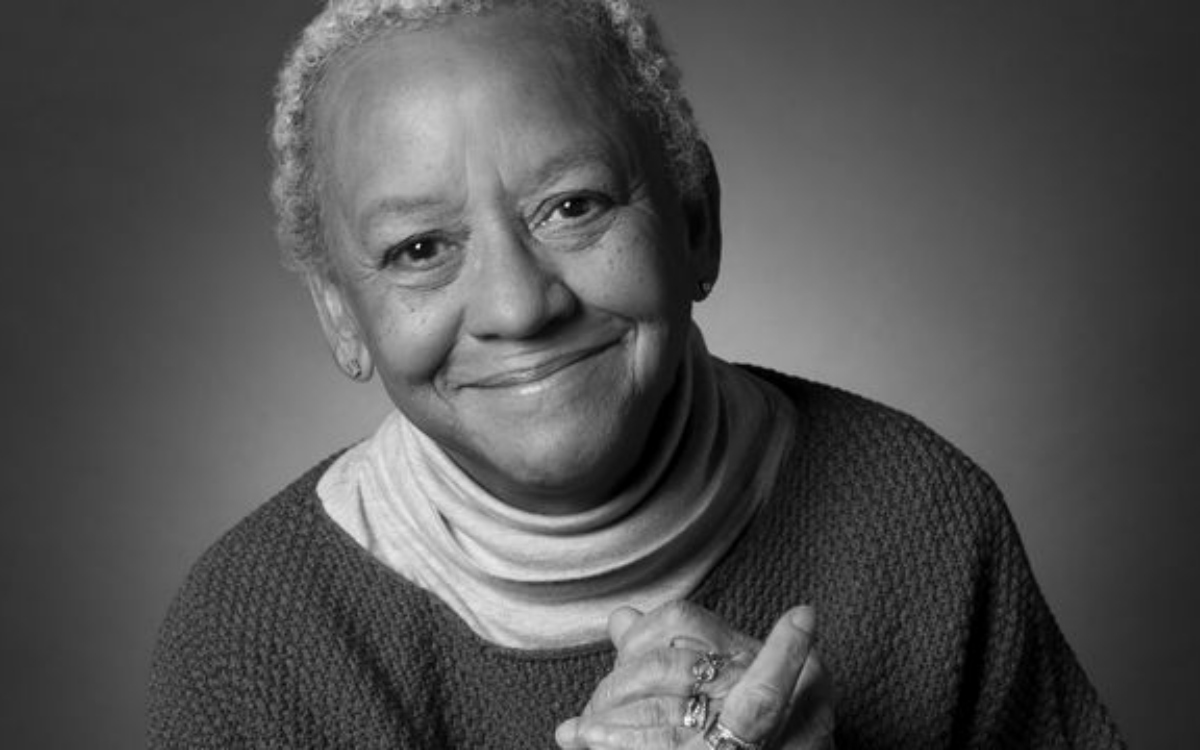
1 comment